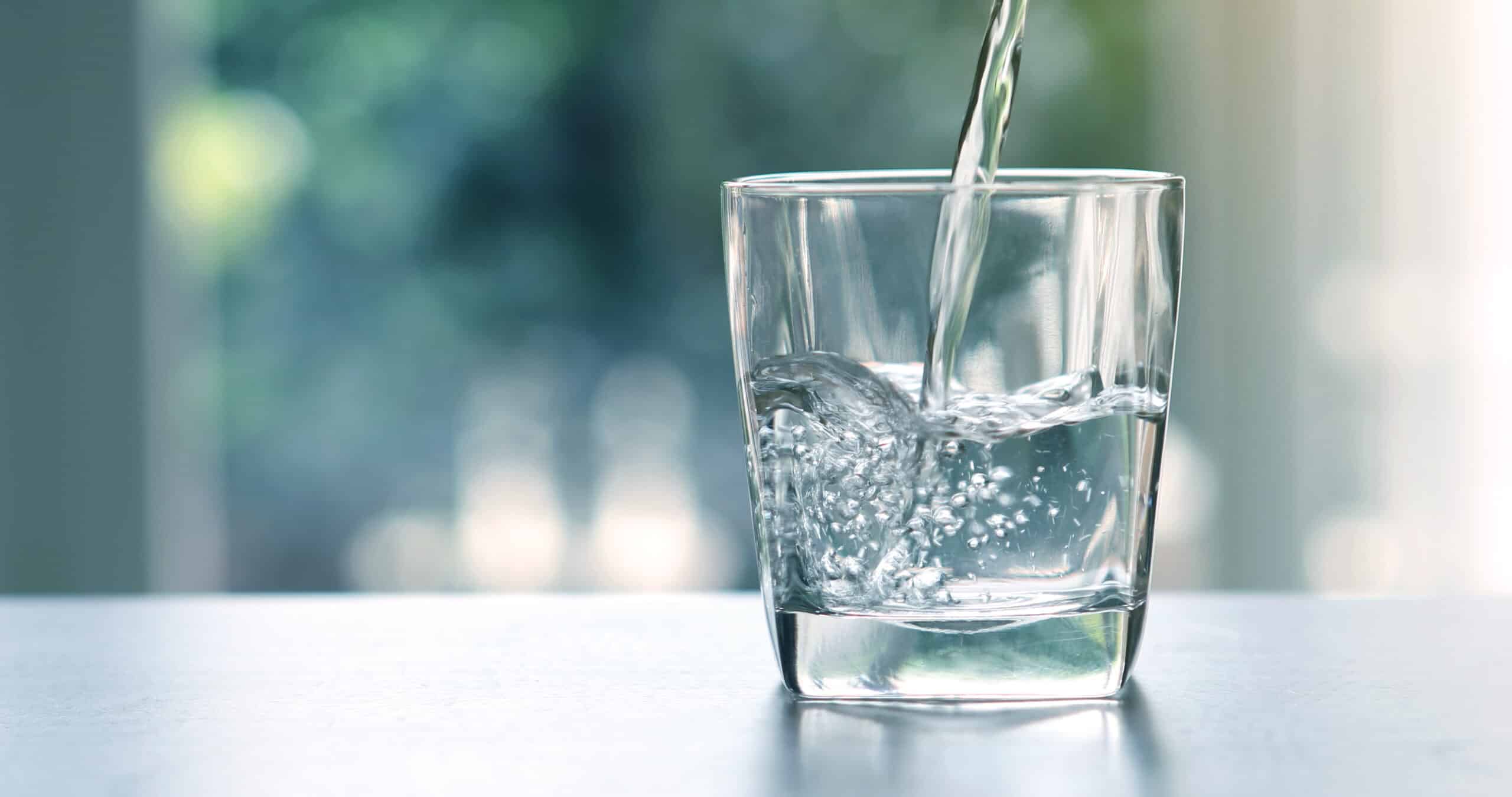A human being can survive three weeks without food but with water most people can’t go on 3-4 days without it. South Africa receives about 450 mm annual rainfall and is classified as a water-stressed country. There is no universally accepted definition of “safe drinking water.”
The lack of clean water is a violation of Human Rights and in South Africa, the right to water is enshrined in the constitution. Before the country’s transition to democracy in 1994, many communities didn’t have access to clean potable water – years later, the country still faces similar challenges.
Worldwide, close to 2 billion people obtain water from a drinking source contaminated with faeces. Microbial contamination of drinking-water as a result of contamination with faeces poses the greatest risk to drinking-water hygiene. There are many diseases which are transmissible through faeces but not all of them are specifically faecal-oral in the spreading.
While the most important chemical risks in drinking water arise from arsenic, fluoride or nitrate, emerging contaminants such as pharmaceuticals, pesticides, per- and polyfluoroalkyl substances (PFASs) and microplastics generate public concern. [WHO] South Africa faces the challenge of ever increasing geographic and socio-economic disparities, not only between rural and urban communities, but also in towns and cities where people reside in low-income, informal or illegal settlements, which usually means that they have little to no access to improved services for drinking-water and sewage.
4 Reasons Why Clean Drinking Water is important
- Provides Nourishment
- Prevents Diseases
- Important for Agriculture and Food Production
- Improved Water, Sanitation and Hygiene (WASH) Facilities
MEB specializes in sustainable and resilient smart water grids for urban development. We supply prime urban water systems to help mitigate the challenges in sustainability and resiliency, including water leaks, over-use, quality issues and response to drought and natural disasters. Make contact with us today.

